
Each Objective Is a Bet with Yourself
Objectives are bets on future scenarios. The bet you make with yourself will likely influence your approach to achieving the objective.

Strategy Is a Many-Dimensional Puzzle
Be skeptical of strategic models, canvases, and strategy mapping methods that let you work in only two dimensions! Strategy is a multi-dimensional puzzle.
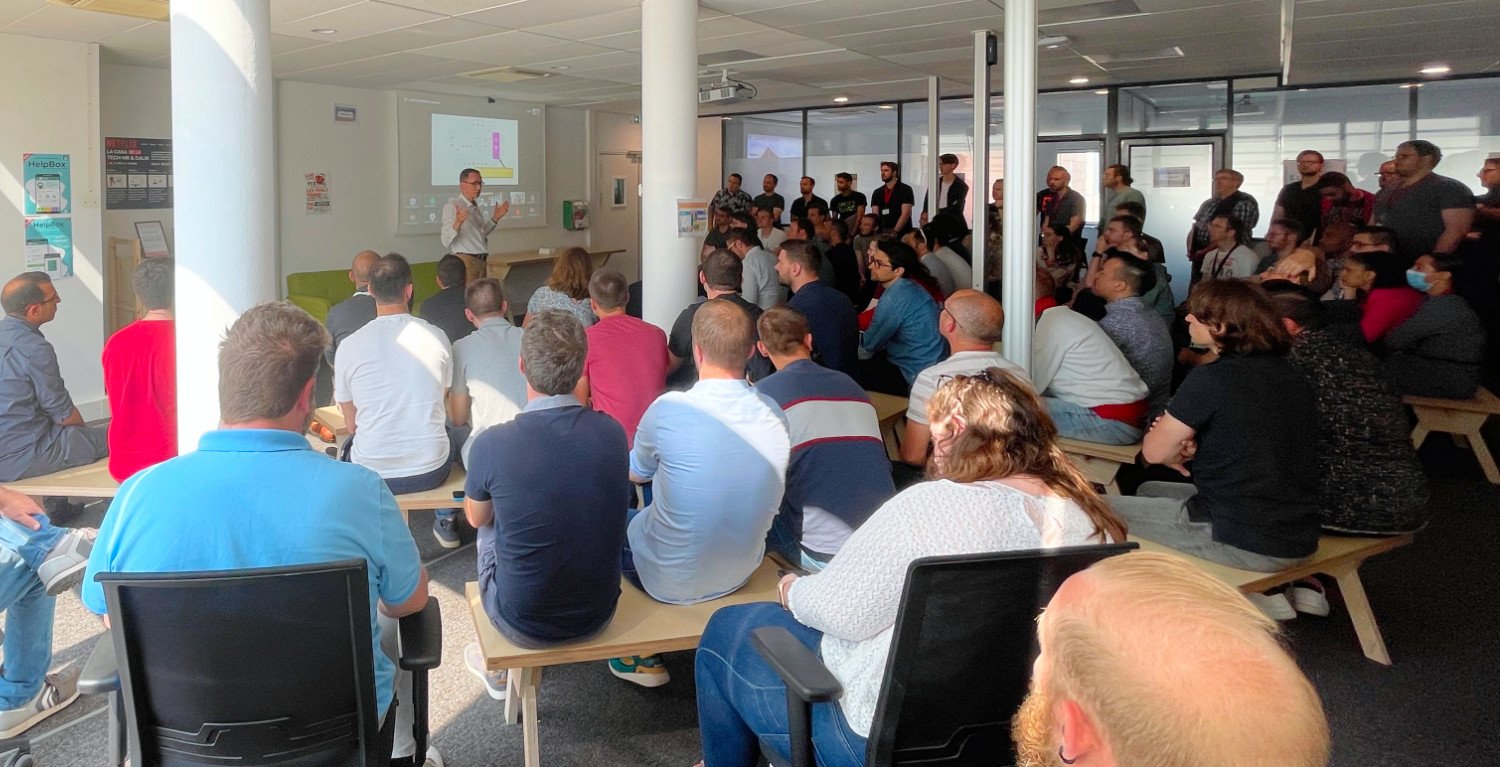
Organisational Re-Design at Leroy Merlin France (IT Department) with unFIX
Organisational re-design at Leroy Merlin France with unFIX

The Product Is Not the Experience
The problem with most company and product visions is that they focus on output rather than outcome. We can explicitly distinguish the product value to be offered from the feelings and emotions we hope to generate.
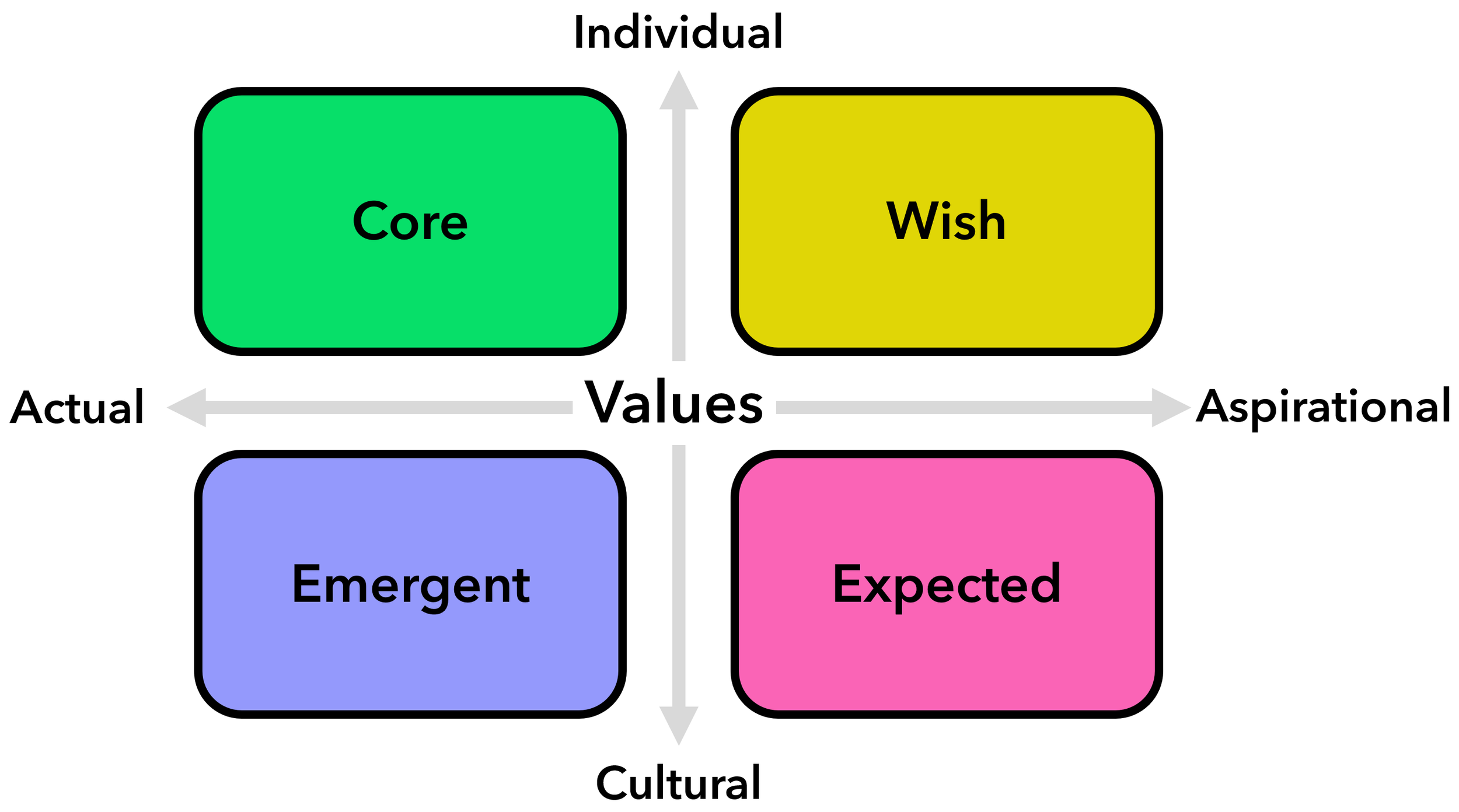
Behavioral Values - Core, Wish, Emergent, Expected
Defining and living by behavioral values is crucial for creating a positive culture and achieving success in any organization or team.
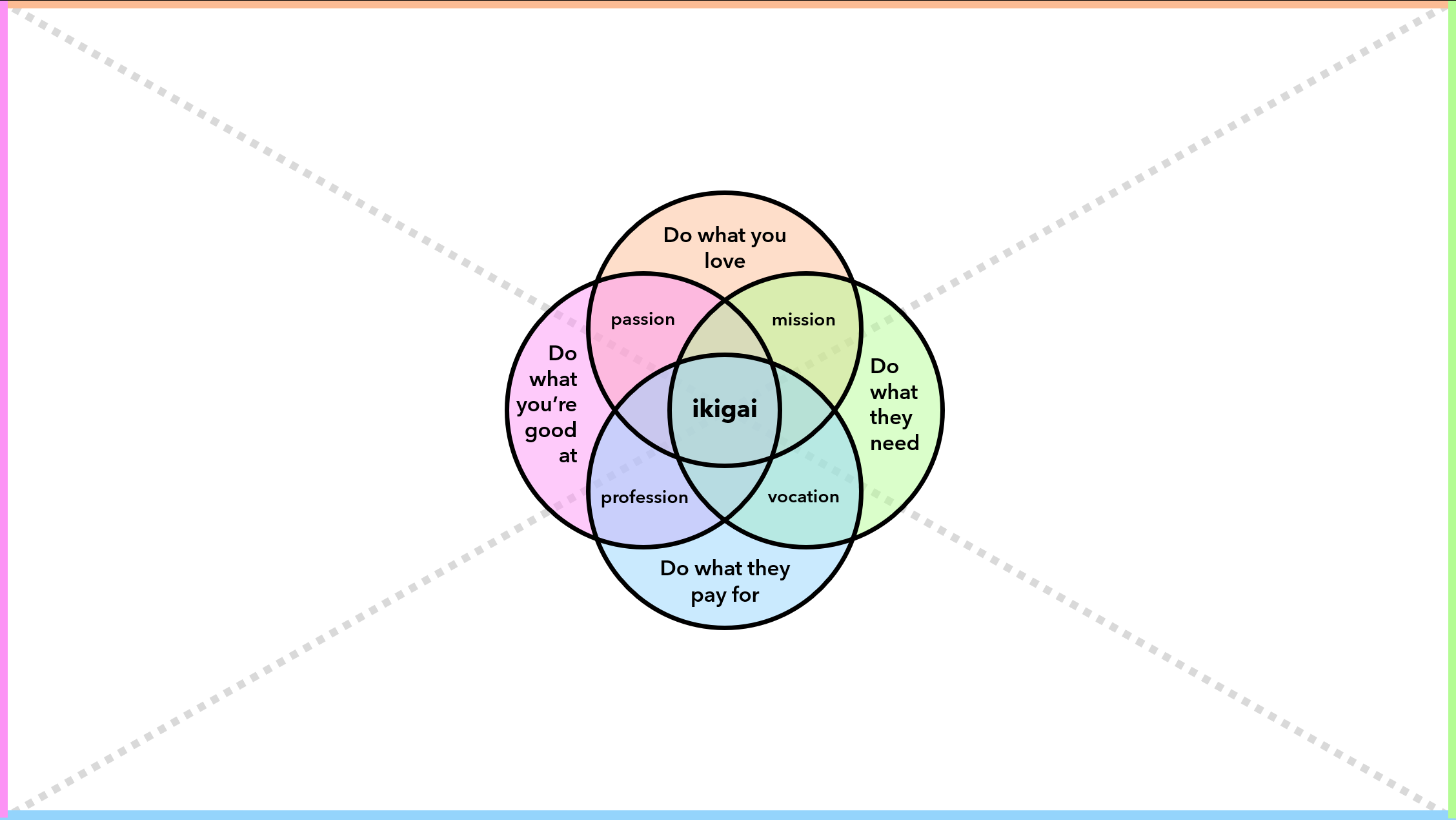
Ikigai - Meaning and Purpose
The Ikigai model has gained popularity as a tool for individuals and organizations to define their purpose.
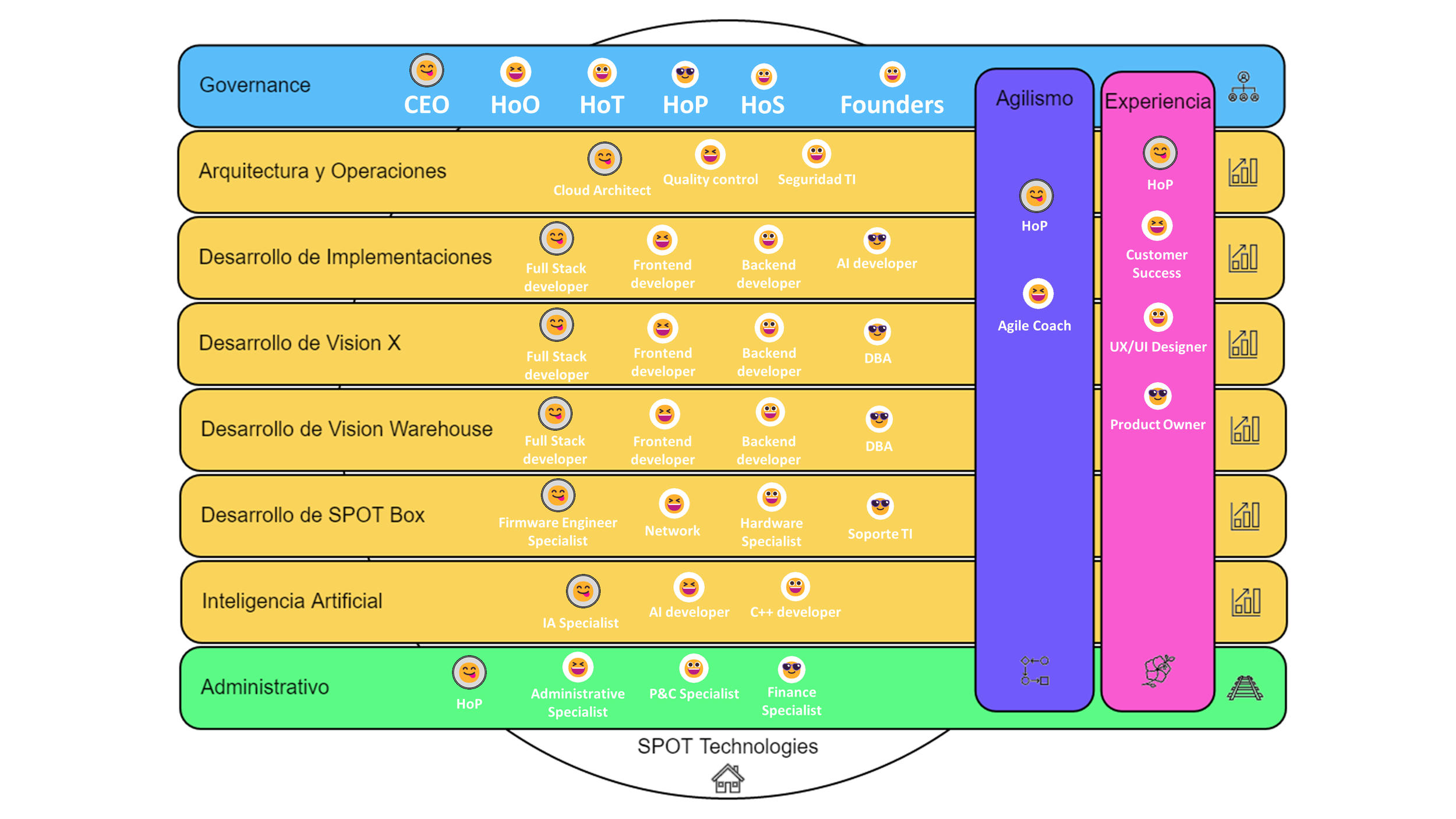
Adventurous Org-Design: From Service to Product with unFIX
From Service to Product using unFIX
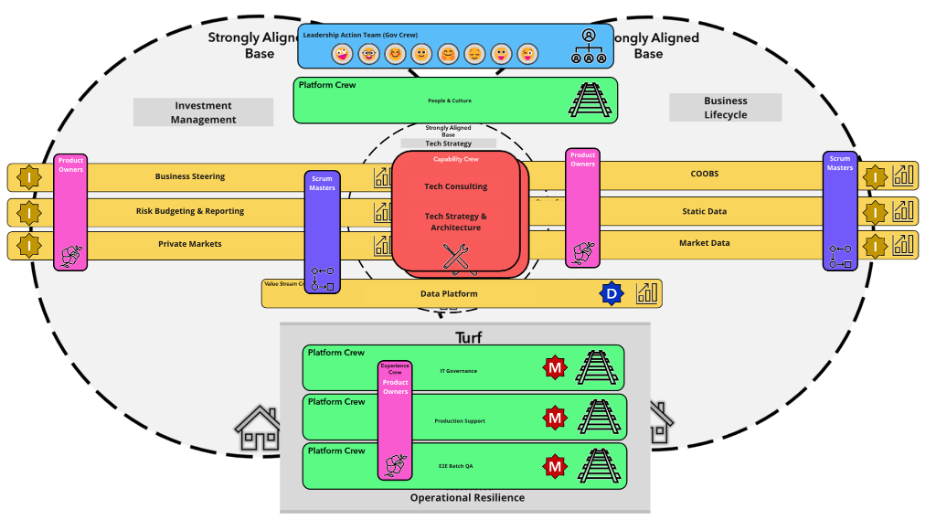
unFIXing a Swiss insurance company
The Swiss Re Group is one of the world's leading providers of reinsurance, insurance, and other forms of insurance-based risk transfer, working to make the world more resilient. The aim of the Swiss Re Group is to enable society to thrive and progress, creating new opportunities and solutions for its clients.
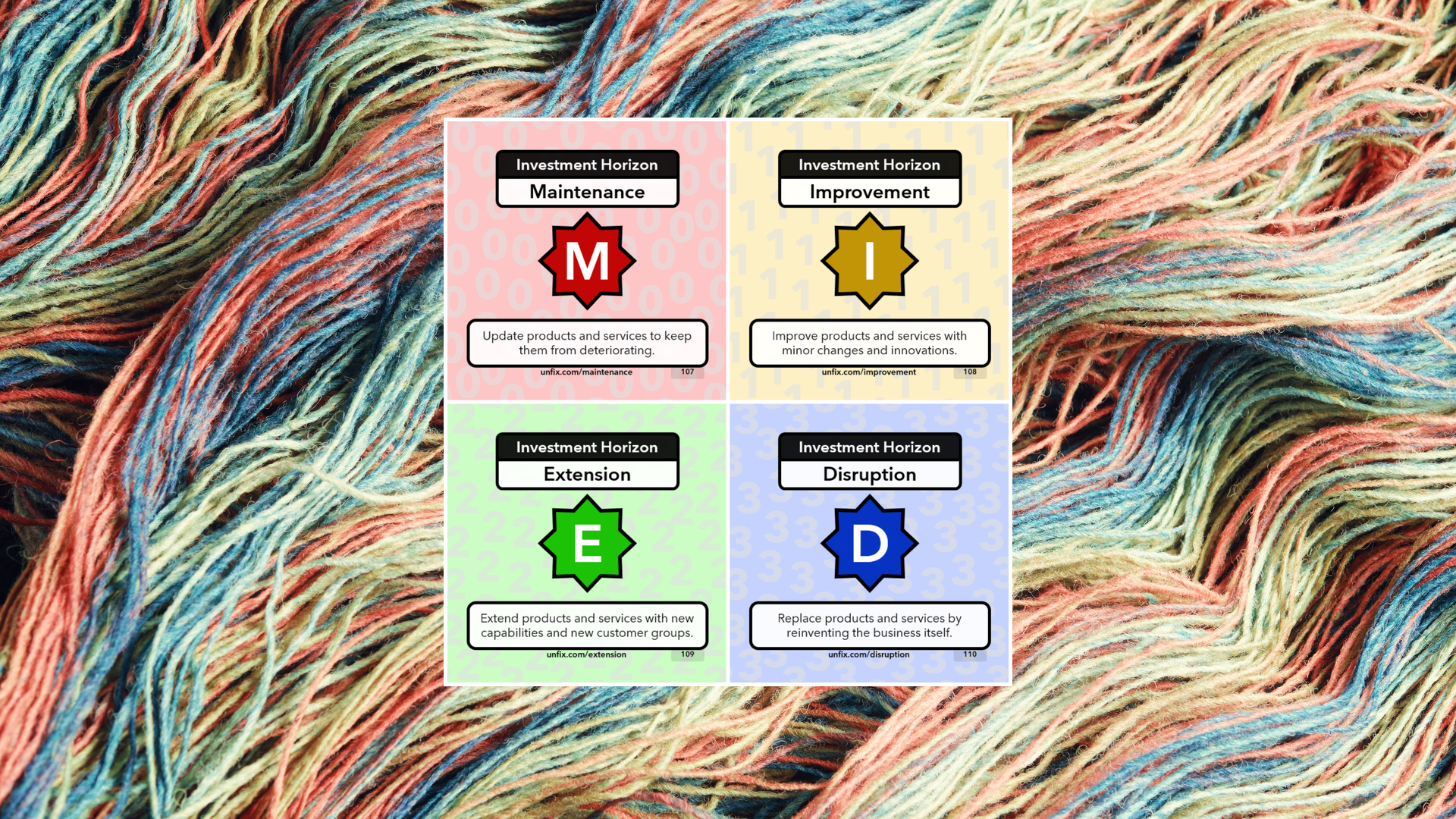
Allocate Capacity Across Investment Horizons
Who is responsible for Maintenance? Are Improvement and Extension ideas gathered on a shared backlog, or are they kept separate? And how does the organization reserve time for true Disruption?
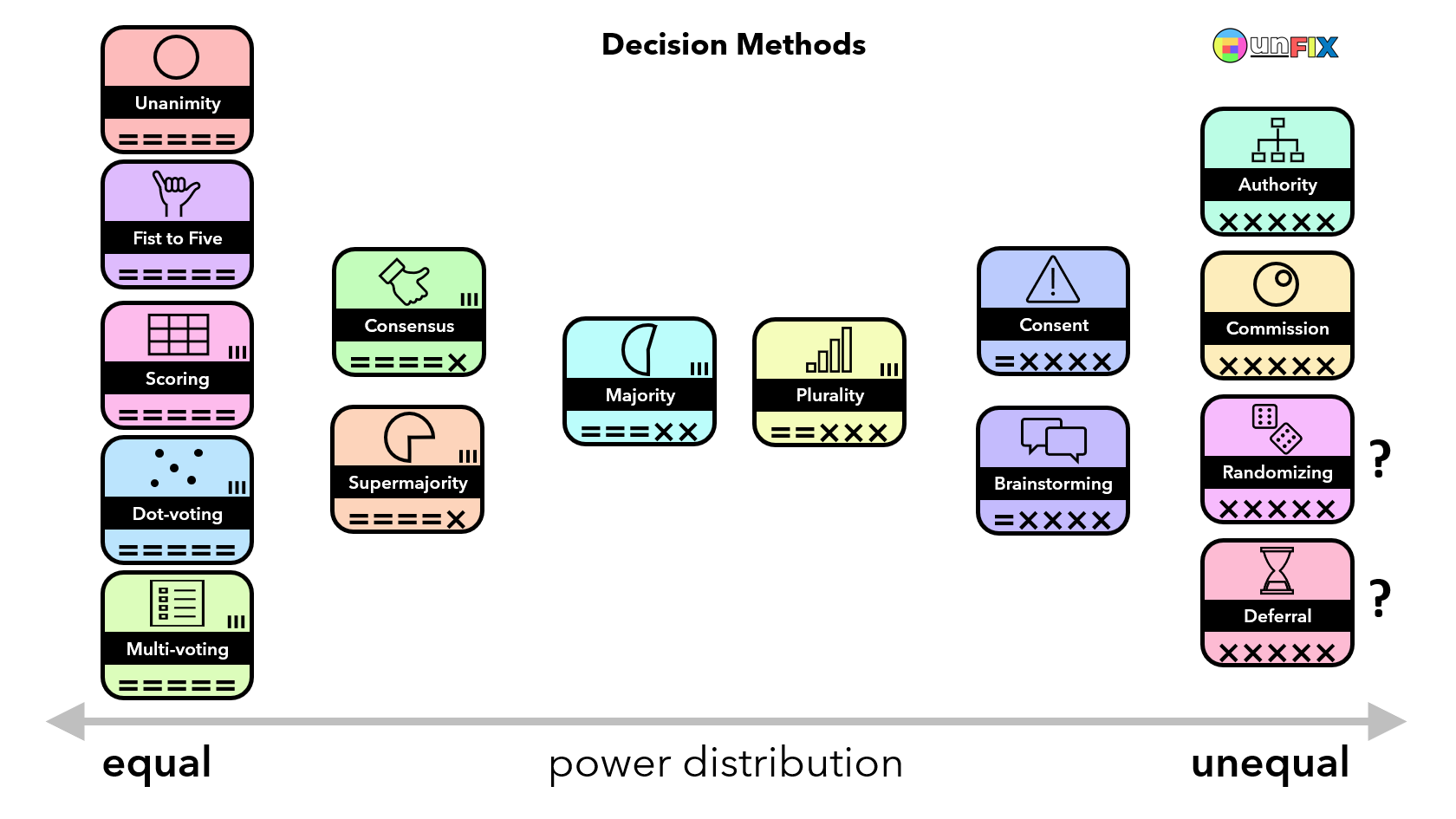
Power Distribution in Decision-making
We often say we find it important that we treat people equally. But is everyone really equal on your self-organizing team? Do all team members have an equal say in their discussions? You need to be aware there may not be an equal power distribution in your group's decision-making process.

Ten Lifecycle Stages of a Value Stream
The ten lifecycle stages are fractal: they can apply to entire businesses and individual feature sets.

Either Cheap, Safe, and Fast, or … Veto!
“No” is not the same as “Heavens, No!” We use the Veto card when facing real failure: experiments that are not cheap, safe, or fast. Everything else is worth trying.

No More Fixed Jobs (for Me)
The four Time Commitment patterns in the unFIX Model may help your team members clarify what they like best. You can use the cards to design a game or use the symbols to annotate your organization designs.


Dependencies Make Us Better
Division of labor introduces dependencies. We must limit the number of contexts we are involved in and willfully divide our labor because dependencies make us better.
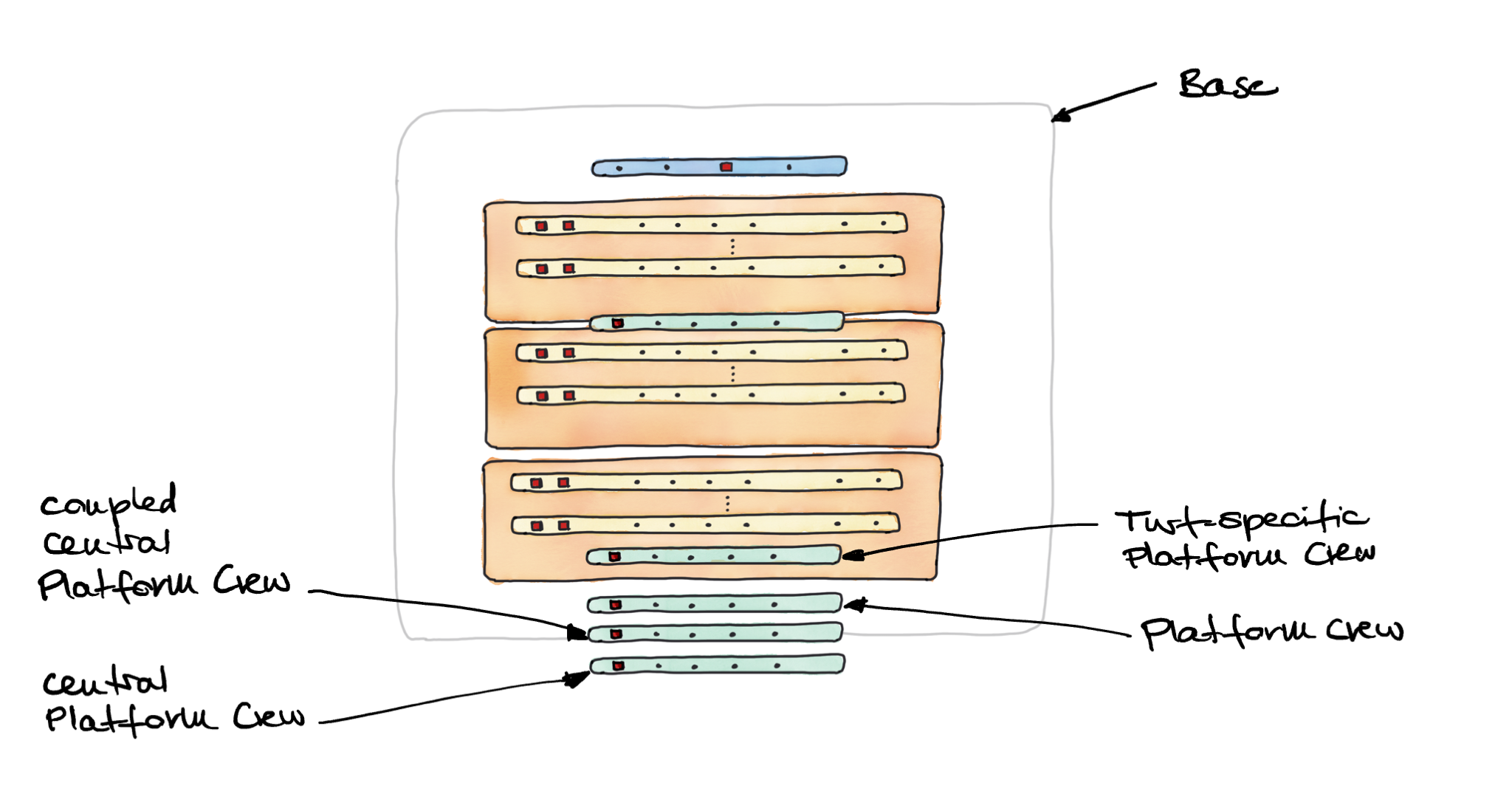
How to unFIX a University
Can a university be unfixed and to what extent does it make sense at all to regard it as an agile, dynamic organization?
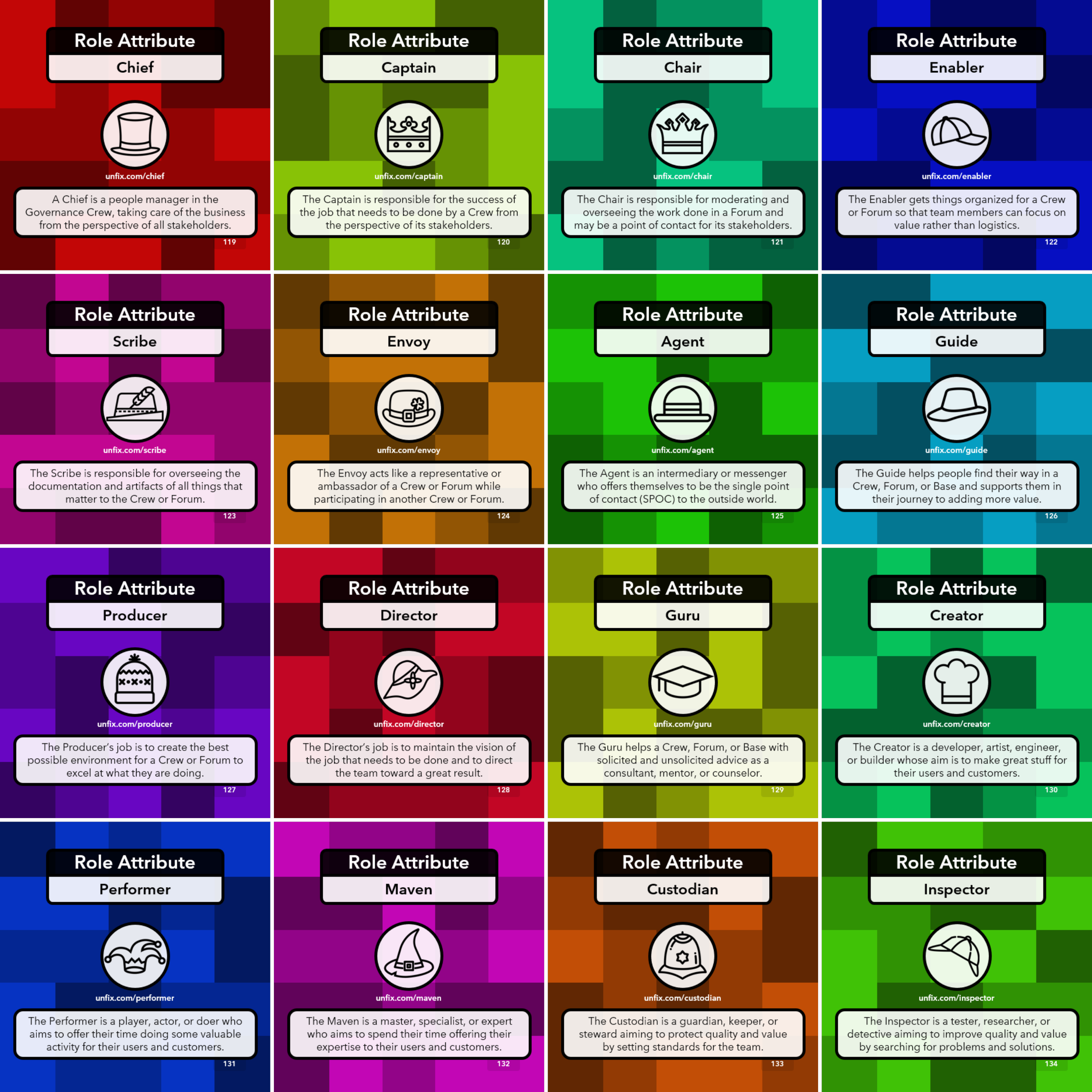
Just Enough Roles: Less Is More
Sometimes, roles are helpful; sometimes, they are not. The challenge in organization design is to strike a balance between clarity and flexibility. The set of Role Attributes in the unFIX Model can help you with that.

The First CX Test: Where’s My Invoice?
Many product teams fail to understand the customer experience. For example, if you force me to go on a treasure hunt to find the invoices, you already failed the First CX Test.

unFIX at Globant (Columbia)
During the 2022 last months, I spent some of my learning time dedicating hours to study about the unFIX Model.

